

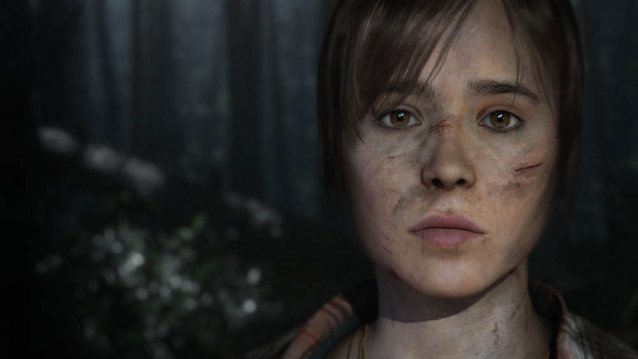
The latest from Quantic Dream came out last week, and is once again a game that is intended to more than just that. It’s meant to embody the latest and greatest example of what video games strives to be… instead of manipulating a pixelated or polygonal puppet, and simply jumping and shooting, the player takes ahold of real people, engaged in real drama, which is the milestone that many are hopeful for games to one day to achieve. If not for the sake of longevity, but for pure validity.
Naturally, it’s a sentiment that is not shared by everyone. The reaction to the aforementioned game, Beyond: Two Souls, is just as divisive as their previous release, Heavy Rain. Some are calling Beyond a technological marvel, a true step forward for the medium. Whiles others… not so much.
When one thinks of Quantic Dream, they think of the name David Cage. Which makes sense; he’s the studio’s founder and driving visionary. He’s also the guy that says stuff that irks many who aren’t not necessarily fond of the kinds of games he likes to make, nor shares his opinions of the landscape. But Quantic Dream is in many ways a two man operation; Cage runs the shop with the help of Guillaume de Fondaumière, who is both the CCO and co-CEO. Fondaumière was in NYC not long ago, promoting Beyond at a Sony press event. There I asked him about statements made by his partner, among other things…
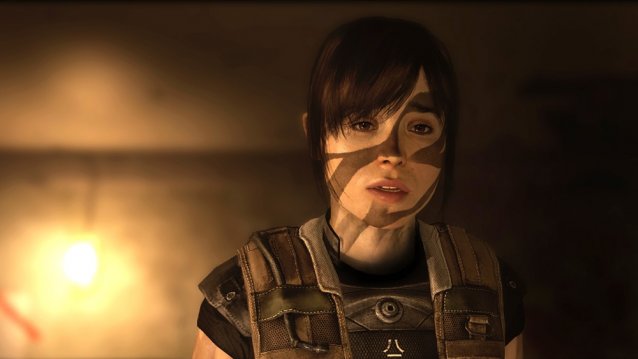
Now, David Cage is well known for his position on technology, and how it's the key factor when it comes to storytelling, one that is quite derisive among many individuals. Can you elaborate on that notion… do you yourself believe it as well?
Of course I agree! [laughs] Otherwise I wouldn't be doing this for twenty years. And that's making story driven games.
For us, technology is a tool. It's a tool to create highly believable characters. To create emotion. Because at the end of the day, this what we, more than anything else, want to do with it. We want to create an emotional experience for the player.
What we have chosen is storytelling, and a very cinematic experience. We could have expressed emotion in another way. Other people, like Media Molecule [makers of LittleBigPlanet and the upcoming Tearaway] with their games, they're creating very emotional experiences too. It's different, but they have the same drive.
As you may know already, some of ill will towards your partner stems from smaller, indie game studios, who are doing the game thing… and that's creating stories… but which do not have the resources that Quantic Dream. So you believe that they are still capable of creating equally valid, emotional experiences?
Totally! But of course! Beyond: Two Souls is simply the embodiment of what we know how to do.
More than anything else, we wanted to give players the possibility to control characters, to control their fate, in a story that is cinematic. And, through player actions, to truly change the way the story unfolds. That's what fascinates us.
With Beyond: Two Souls, a milestone has been reached in terms of graphic fidelity, so what's the next goal? Hard hard will it be do outdo yourselves?
When we started The Dark Sorcerer six months ago, we had an idea of where we were going and where we'd arrive, from a graphical standpoint. For us, the challenge was to go slightly better than Beyond. Because that's what we thought all we could do.
But after six months of work on the demo, we saw a huge gap that we were able to close. And that's only after a year and a half of working on the basic engine features, on just a prototype. We are going to go far beyond that on PlayStation 4.
Do you remember Kara? It was our first attempt with a new engine, to create a virtual clone of an actress, Valorie Curry. When you look at Beyond, which is only two years later, at what we've done with Ellen Page, it's massive step further. So you expect even greater advancement than what Dark Sorcerer contained.
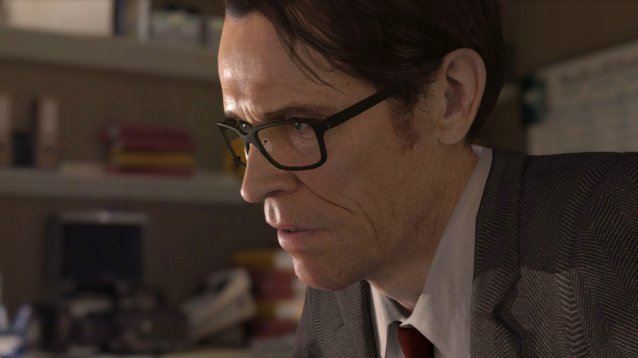
Back in the day, everyone talked about the uncanny valley, but not so much anymore. Do you think people are becoming more accepting of virtual actors, or is that something that you've never worried about?
I guess it's a good thing that we don't hear about the uncanny valley. In fact I think we're beyond it. We are currently perfecting a game's visuals, and it will no longer be uncanny. So the next step is artificial intelligence… making characters that are intelligent. That's the next big step.
Your studio has heavily relied upon motion capture, yet many feel that there is no artistry in this approach towards animation.
Well, we obviously disagree. We proceed with the same approach that many classical painters used to. Before Picasso used to do abstract portraits, he mastered his craft, he mastered realistic portraits. And I believe it's the same for 3D. First you have to master realism, and then we can think of doing something else, as in non-realistic characters.
How was it working with Ellen Page? As in, how was it directing her, in the confines of a video games? I don't want to make to many assumptions, but one must assume that given her age that she's perhaps more familiar with the medium, with the concept of acting in a game. As opposed to someone who is not in her generation. Like Willem Dafoe; was the approach any different with him?
Years ago we worked with David Bowie… also, Angelo Badalamenti. And when approaching these individuals, their reactions have always been the same: this is new, and I can be the first among my peers to do something like this. So when it came to Page and Dafoe, age didn't make any difference.
Their attitude was that they wanted to work on what is new, that's what's attractive to them. I think David Bowie, Willem Dafoe, Ellen Page… they're all the same. They're all pioneers.
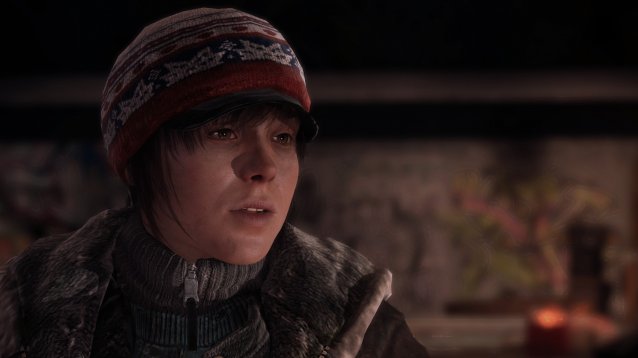
Then again, if memory serves me correct, Dafoe had worked on a video game perviously…
Yes. But never in this way. So for him, it was the first time, it was really working on a video game, if you know what I mean. Which is what really interested him. He understood the difference between what he had done in the past, and just doing a voice over, and here being truly involved, truly acting.
Many are believe the video game industry is becoming the next Hollywood. Does that notion excite or worry you?
Well, we're concerned with what Hollywood thinks, because we want to work with Hollywood. We need their talents. We need their actors. That's why we went with Ellen Page for Beyond. And i think we're still at that point in which having Ellen Page, having Willem Dafoe, makes a huge difference. Tomorrow, we won't only want to have their acting talents, but their directors, their script writers, their sound composers…
Do you feel the game industry of is not in the same league of Hollywood?
Of course not. Simply because, Hollywood has been around a hundred or something years, they have a far more attractive industry, so far, for these kinds of talents. More so than in the video game industry.
And I believe we have our own talents; fantastic game designers, fantastic… a lot of things. But the true writing talents, the true musical talents, the true acting talents… they are in Hollywood.
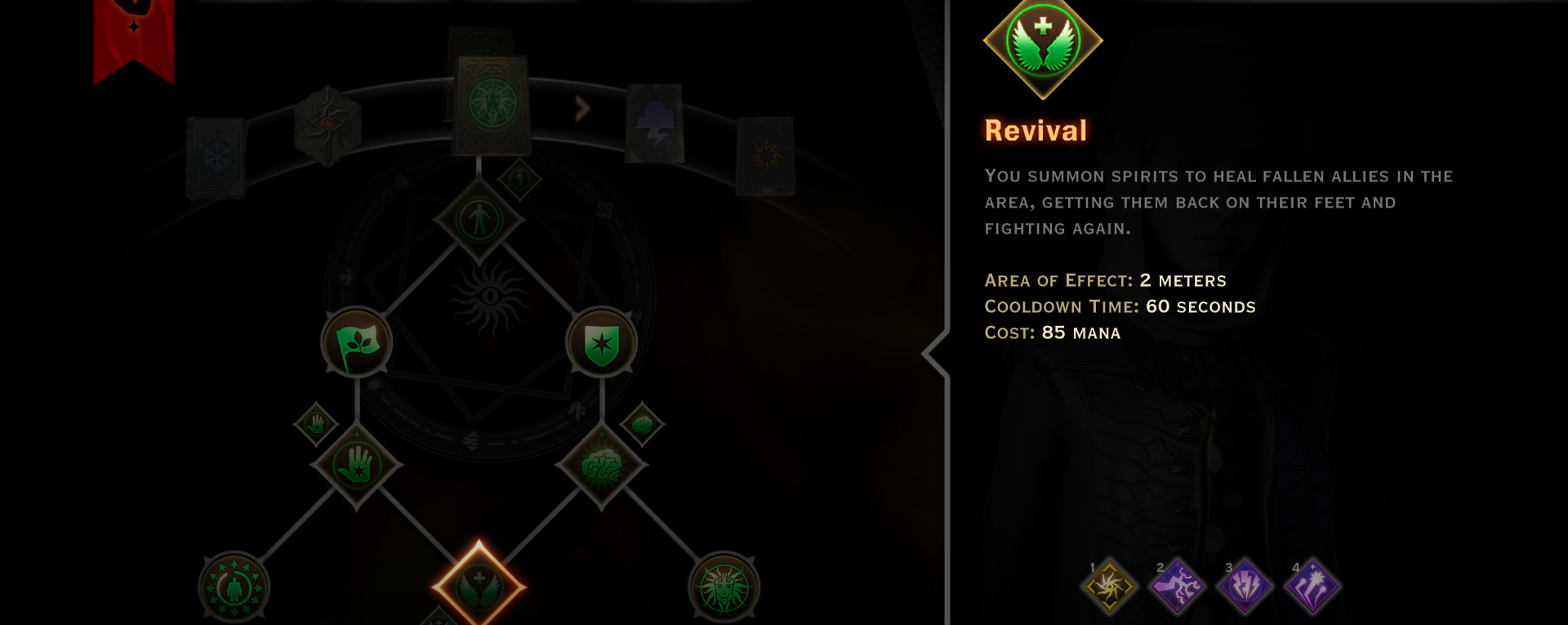
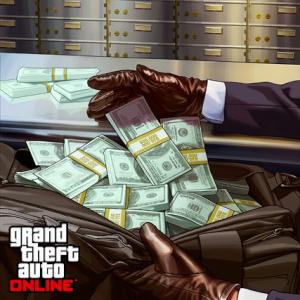
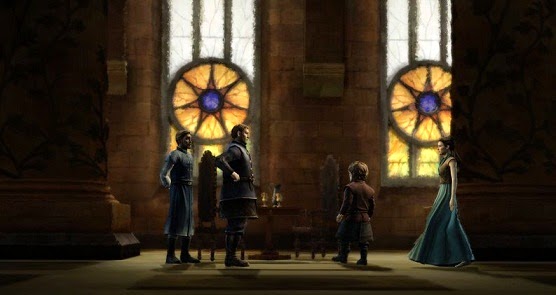
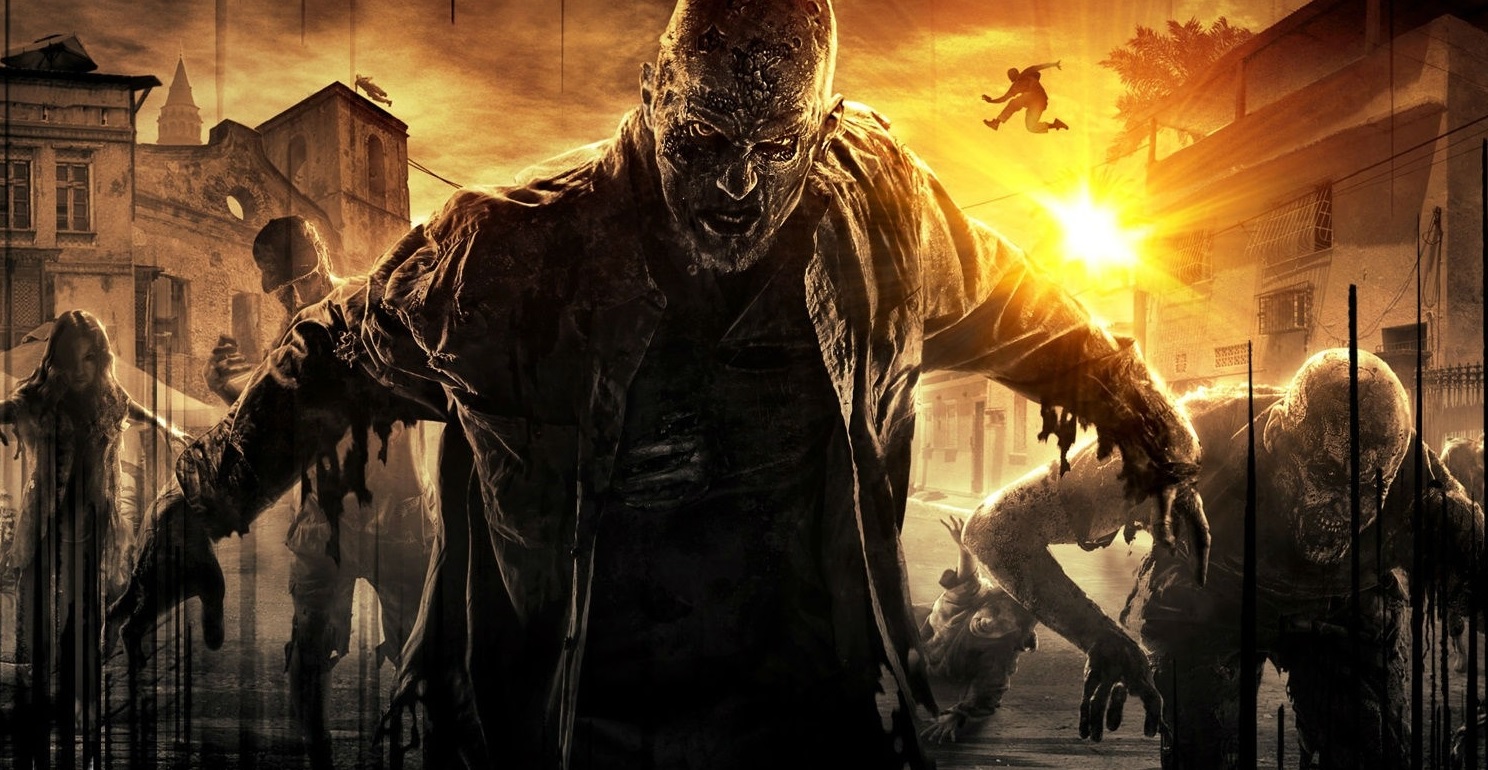
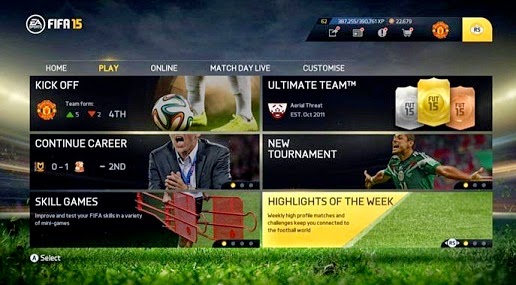 FIFA 15: Learn to play Highlights of the Week mode
FIFA 15: Learn to play Highlights of the Week mode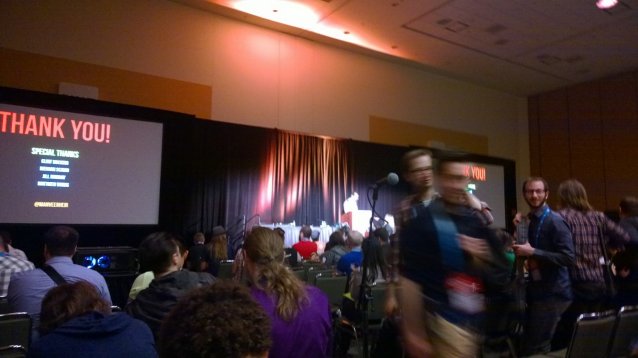 Conversations We Should Have: Bioware’s Manveer Heir on Diversity in Video Games
Conversations We Should Have: Bioware’s Manveer Heir on Diversity in Video Games Destiny Guide: How to Wreck with the Titan Class
Destiny Guide: How to Wreck with the Titan Class Disney Infinity Wiki: Everything you need to know about the game .
Disney Infinity Wiki: Everything you need to know about the game . Get 4 Free eBooks: Career Resources to Help You Get Ahead
Get 4 Free eBooks: Career Resources to Help You Get Ahead